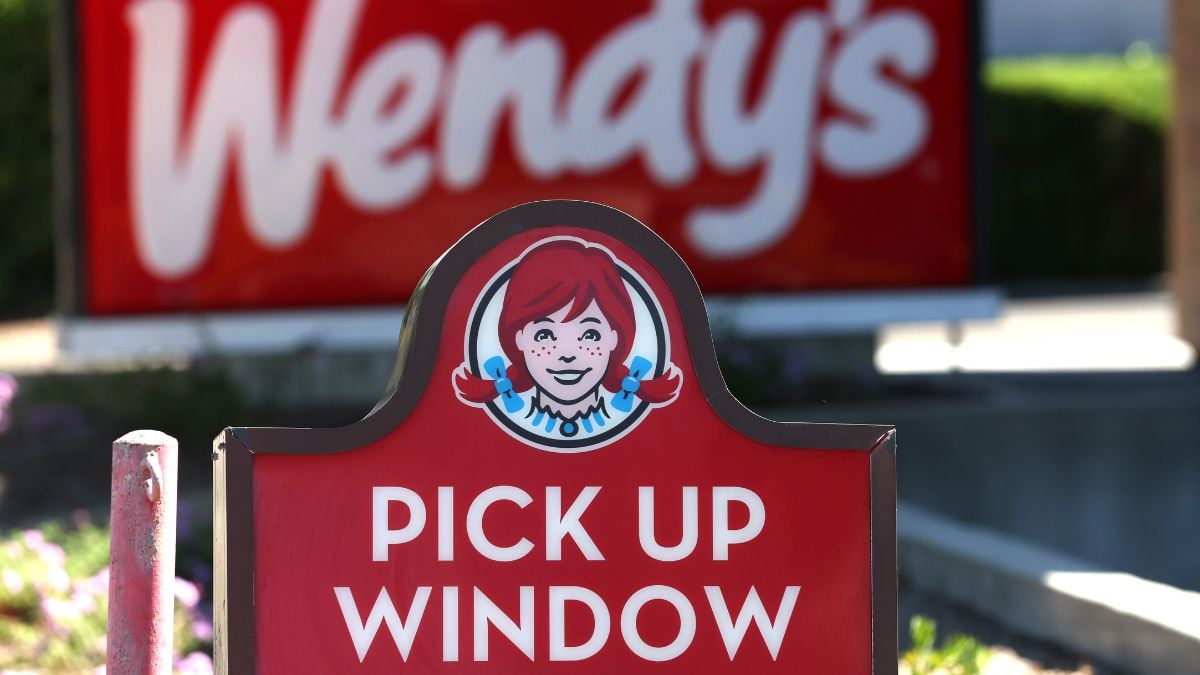As rent prices surge, layoffs run rampant, and top figures continue to dodge concerns over a recession, even Wendy’s is set to price us out. People are already struggling to make ends meet, and in response, the popular fast food stop is testing out new “surge pricing.”
The new rollout became an instant target of backlash, as former Wendy’s patrons promised to avoid the burger chain until it ditches the measure. Clearly aimed at increasing profit during peak hours, Wendy’s locations around the country will see the new pricing model adopted soon — but not too soon. Don’t expect to see the chain’s new “dynamic pricing” in 2024, but once 2025 rolls around expect those Wendy’s menus to see some major changes.
What is “dynamic pricing,” and how will it affect Wendy’s?
The big-wigs at Wendy’s have been working on the idea of “surge pricing” or “dynamic pricing” for several years now, but it seems the chain has finally decided to roll it out. A fresh menu, accompanied by more high-tech kitchens, a sleeker look, and fresh pick-up windows, are headed to the chain in just a few months. Wendy’s aims to overhaul its current direction in 2025, at which time people will start to notice a worrying trend in those menu prices.
Surge pricing has been around for awhile now, but its not commonly found in the fast food industry. The practice is far more common among things like ride share companies, which often fluctuate their costs depending on demand. That’s why a 20 minute Uber will cost twice as much during those busy Friday nights, as everyone and their mother loads up the app to find a ride home.
Wendy’s aims to do something similar, but with your favorite menu items. The fresh menu will use its new digital capabilities to shift costs based on time of day, demand, and supply, which will ultimately see customers paying different amounts for their food depending on which time of day they visit, and which location they frequent.
It’s extremely unlikely, in this capitalist hell draining all our wallets dry, that we’ll see lower prices as a result of this new initiative. Wendy’s isn’t looking to do the consumer any favors here. It’s looking to increase its own bottom line, which will likely mean that menu prices will remain the same during low traffic periods, and peak during times with the highest demand — like lunch time and right as people are leaving work.
That will see us paying more for items that haven’t increased in quality, and in fact — in many cases — have become less expensive to produce. All for a company valued at over $3.75 billion, according to Stock Analysis. In the best version of events, customers will outright reject this new pricing model, Wendy’s will learn its lesson, and no other fast food locations will likely follow suit. In the worst timeline, within which we arguably find ourselves already entrenched, people will continue to give Wendy’s their patronage after the surge pricing rolls out, Wendy’s will see an increase in profits, and soon, we’ll all be priced out of a mid-day lunch.
